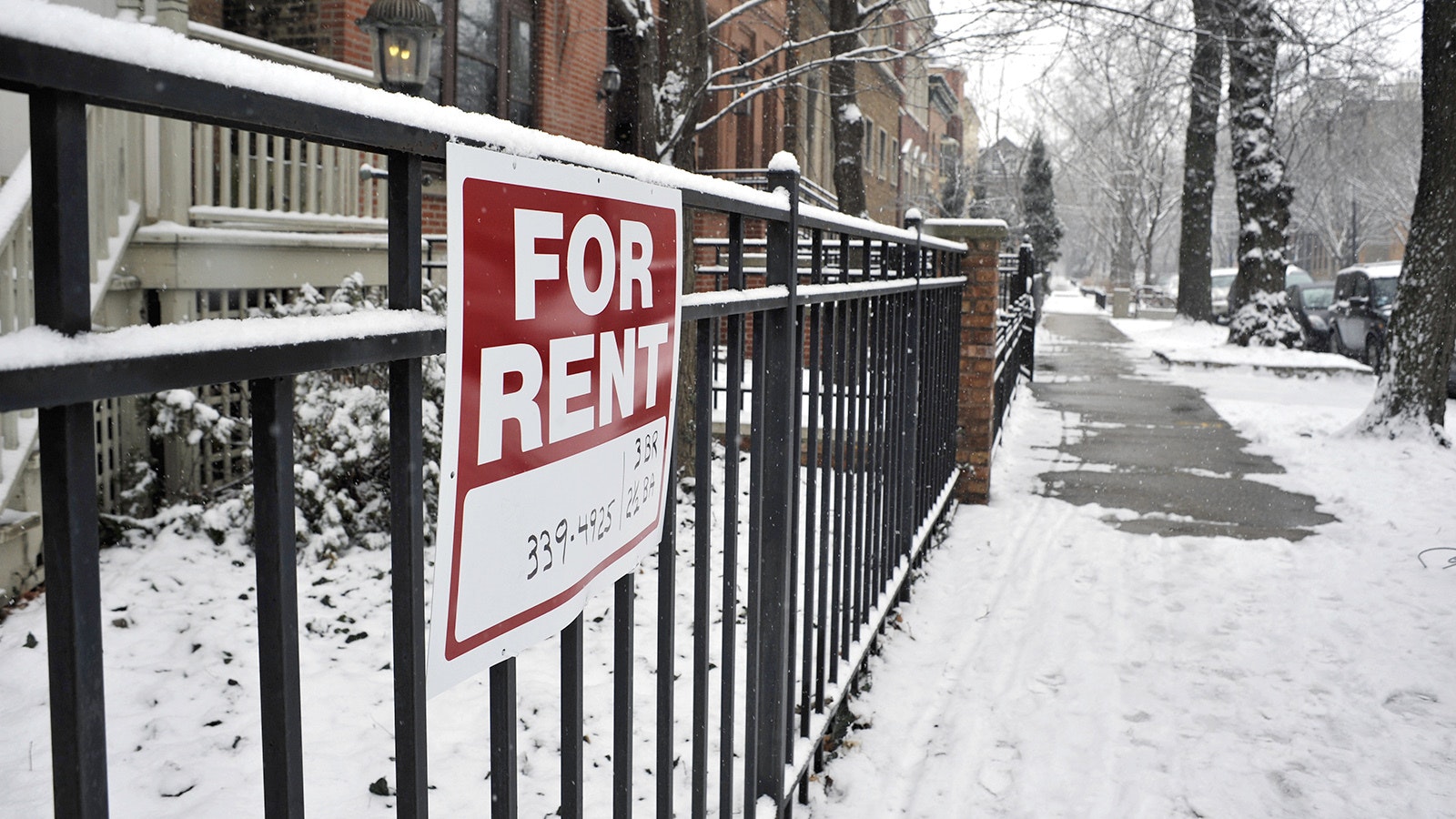A few dozen progressive lawmakers in Congress want President Joe Biden to enact rent control measures across the nation.
Supporters argue inflation and the lingering economic impacts of the COVID-19 pandemic are making it hard for many people to afford rent. But opponents say that, as is the case with other federal interventions in the market, the unintended consequences of national rent control are ignored in the face of good intentions.
Rental professionals in Wyoming say such regulations would result in fewer apartments being built and a reluctance to renovate and improve existing ones.
All Possible Strategies
U.S. Sen. Elizabeth Warren, D-Massachusetts, and Rep. Jamaal Bowman, D-New York, authored a letter signed by nearly 50 members of Congress, including Alexandria Ocasio-Cortez, D-New York, asking the Biden administration to “pursue all possible strategies to end corporate price gouging in the real estate sector.”
The letter claims that high rents are unrelated to supply and demand, but rather “corporate landlords and real estate companies increasing the rent for their own profit.”
“It is clear that these heightened costs and acts of corporate profiteering are exacerbating an already existing crisis of housing unaffordability and instability,” the letter states.
One Size Fits All
Among the actions the supporters want is for the administration to establish renter protections for people living in properties financed with government-backed mortgages and to direct the Federal Trade Commission to issue new regulations defining “excessive rent increases” and take actions against whatever the FTC determines is price gouging.
The letter doesn’t define what excessive rent increases would be or how that would be determined.
States like California and Oregon have passed anti-gouging laws for rental markets. California limits yearly increases to 5% over the previous year plus inflation, and Oregon prohibits landlords from increasing rents during the first year of tenancy. After that, landlords in Oregon can only increase 7% per year plus inflation.
A one-size-fits all scheme that works across the nation as it does in California and Oregon would allow landlords in large West Coast cities to raise rents several hundred dollars every year.
In most Wyoming towns, a 5% increase would be less than $100.
Fewer Rentals
Wendy Volk, associate broker with #1 Properties in Cheyenne, said that rent controls are a great way to reduce housing stock in a market while also encouraging “slum lords.”
What the federal government decides is reasonable rent in Wyoming communities might make rental properties uneconomical.
“A landlord has to be able to cover their expenses on a property,” Volk said.
She said she’s working with clients who are looking to invest in some multiplexes, and they are looking at what market rents are. If those rents don’t cover the cost of mortgage payments on an investment property, they simply won’t invest.
The same is true for new construction, which means fewer rentals on the market, she said.
Slum Lords
It also disincentivizes property improvements, as landlords wouldn’t be able to profit from the upgrades, she said.
“In California or New York, where they’ve had rent control areas, a lot of times those landlords will just kind of become slum lords,” Volk said.
Volk’s brother, J Fred, who is also a broker associate at #1 Properties, said that property values would stagnate if national rent control laws were enacted.
“Your ability to get a loan is predicated upon the income that you got coming in,” J Fred Volk said.
Meanwhile, as the federal government would be limiting rental income, J Fred Volk said property taxes, insurance costs and material costs are all going up.
Sweeping Generalizations
Brett Glass, an electric engineer and internet service provider who manages rental properties in Laramie, told Cowboy State Daily that the letter makes sweeping generalizations that rents are too high everywhere.
Glass said it varies from market to market, but Wyoming rents are affordable.
The letter also attributes the alleged price gouging to corporate landlords even though, Glass said, most rental properties are managed by small businesses.
The members of Congress also appear to have little understanding of the rental business, Glass said.
“It costs them [landlords] time and money and interrupts the cash flow they receive from their rentals. My own family, which as a group has invested in a small handful of Laramie rentals, has done everything possible to avoid raising rents despite inflation,” Glass said.
Interstate Commerce
Glass also pointed out constitutional issues the proposed actions in the letter would encounter. The U.S. Constitution grants the federal government power to regulate interstate commerce, but there’s nothing about rental transactions that cross state lines.
After the Centers for Disease Control and Prevention banned evictions in the wake of the pandemic, the Texas Public Policy Foundation and the Southeastern Legal Foundation sued on behalf of several Texas landlords who had been unable to evict nonpaying tenants because of the ban.
Judge J. Campbell Barker for the U.S. District Court for the Eastern District of Texas ruled the eviction moratorium unconstitutional.
“Real estate is inherently local. Residential buildings do not move across state lines,” Barker wrote in his decision.
Glass said that if the proposed actions were enacted, lawsuits would surely follow.
“A challenge that reached the Supreme Court, especially given its current conservative bias, would almost certainly succeed,” Glass said.





